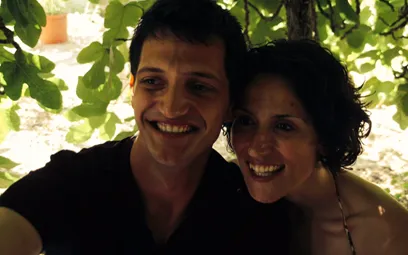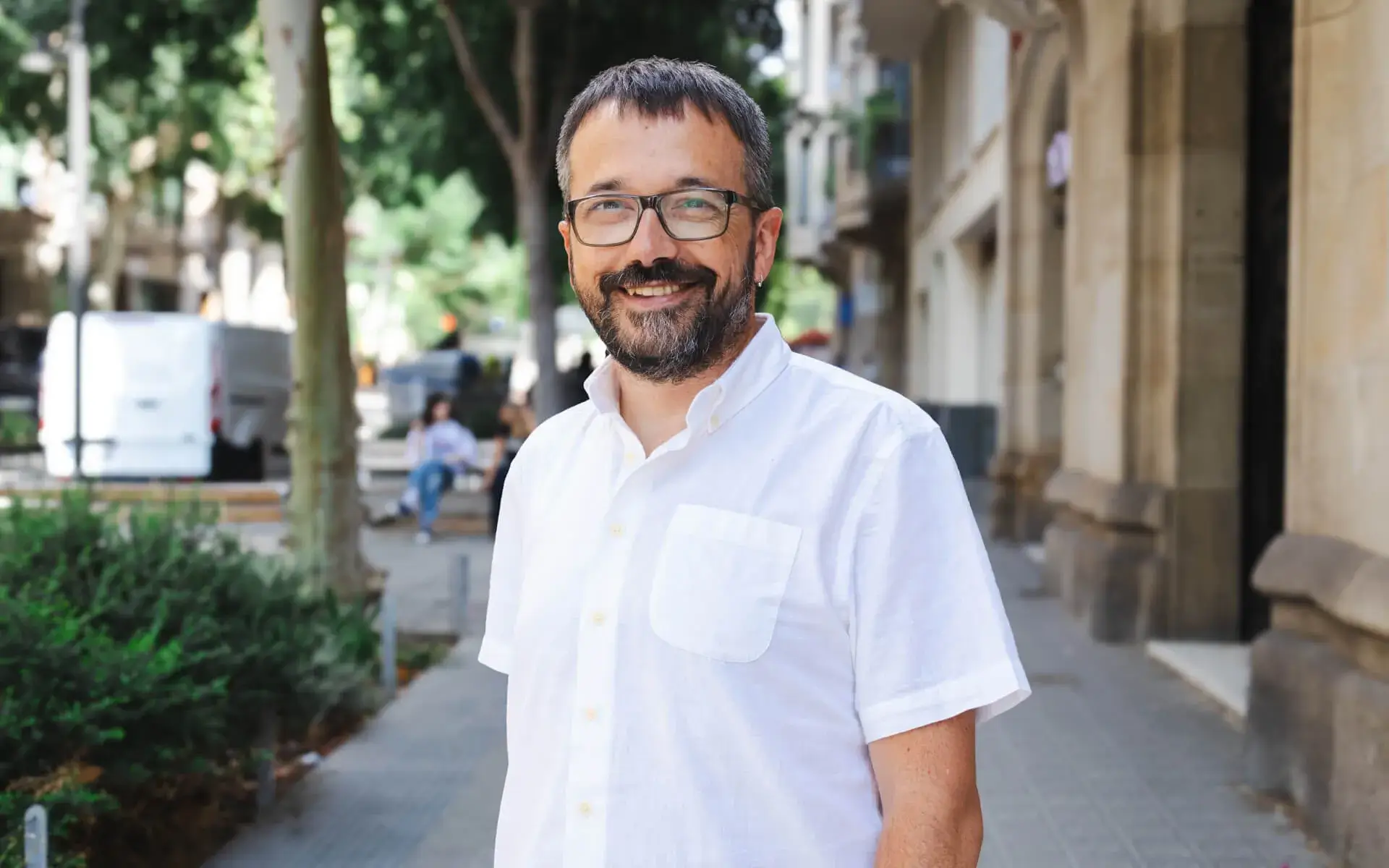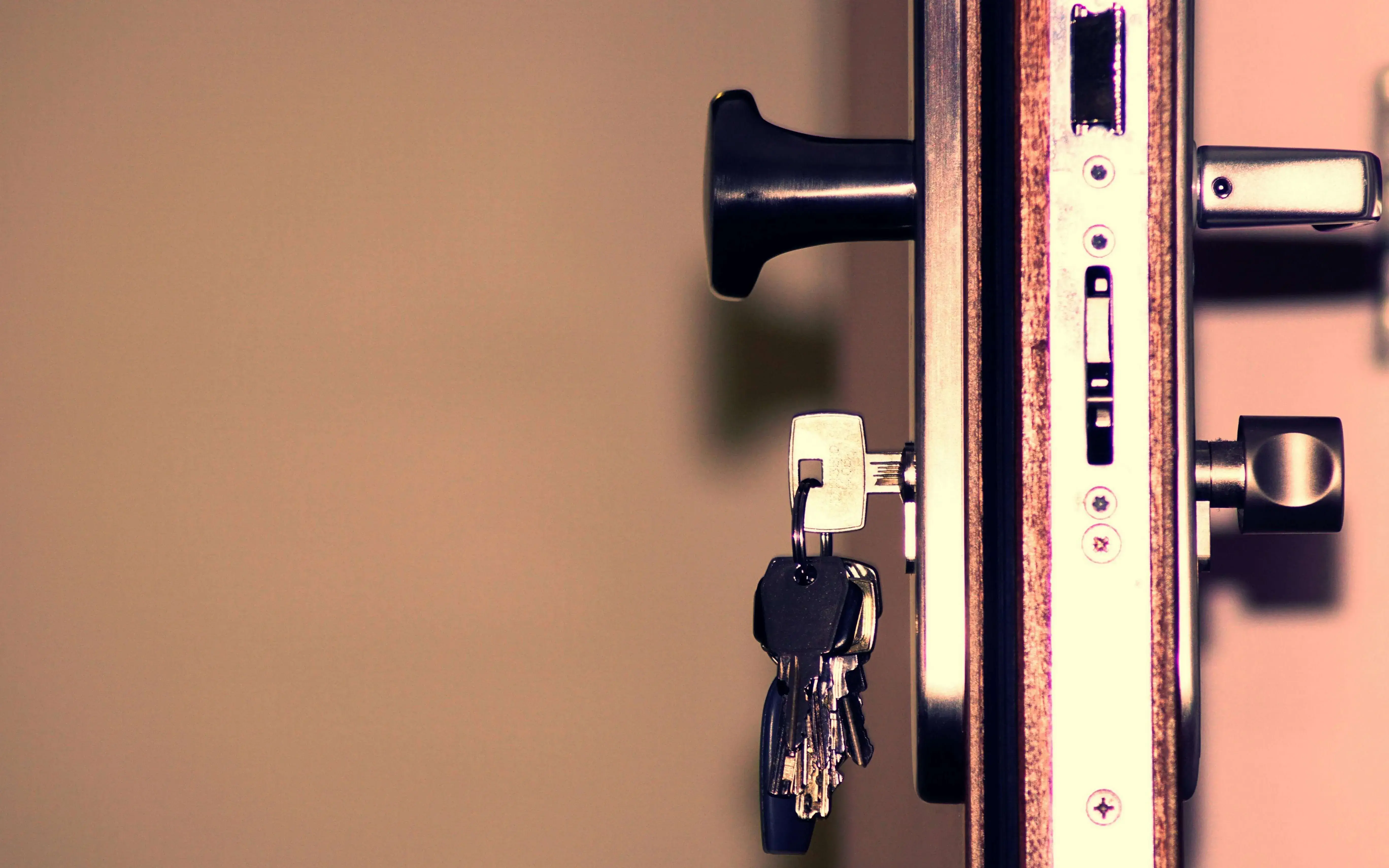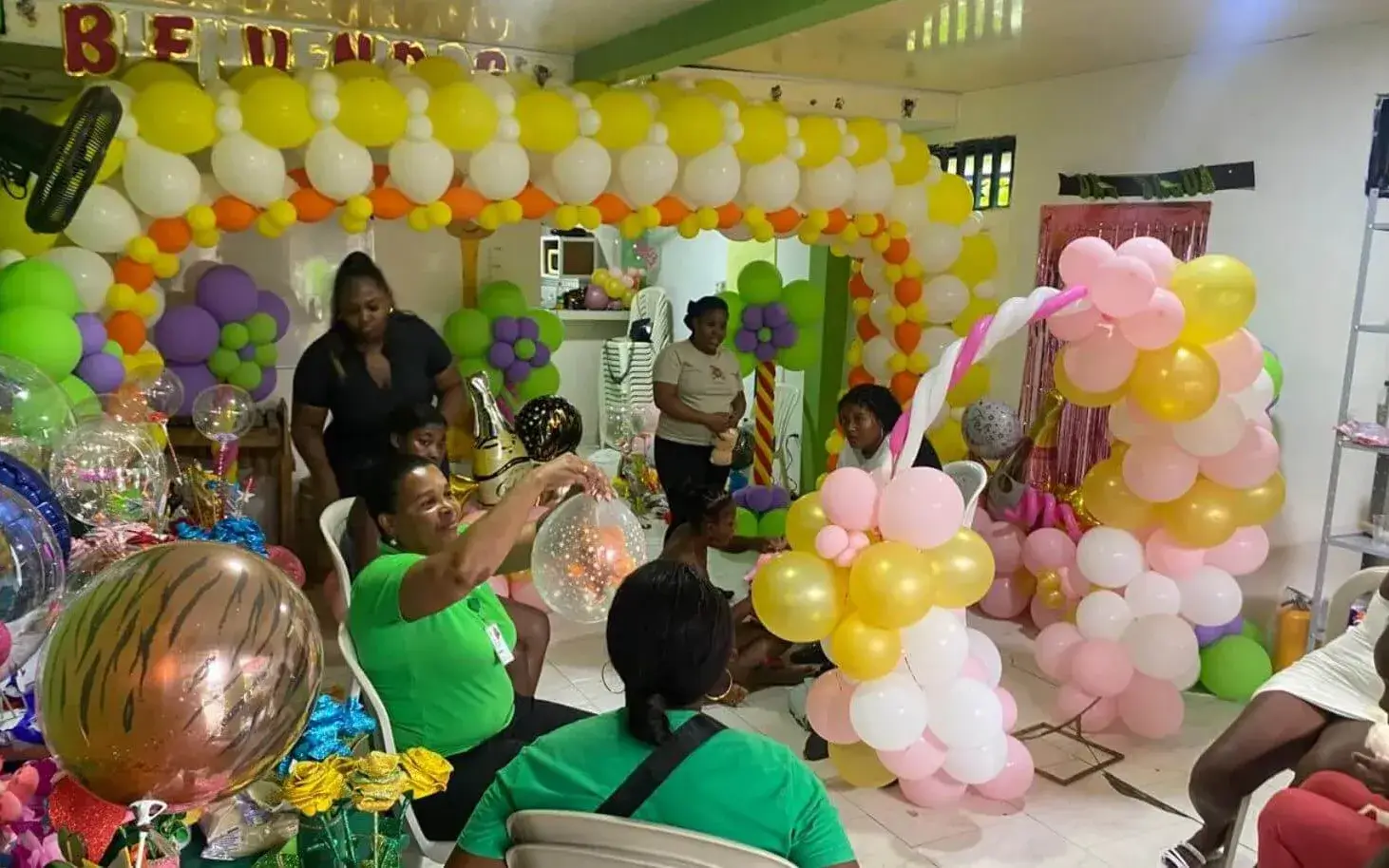Through mentoring, Punt de Referència helps youngsters who were under the care of the Public Social Protection System. Two volunteers share their experience with us.
1. What did you think about participating in a mentoring process?
We wanted to understand the reality that surrounds us in our own city, to know how newcomers live and think, because we coexist and share the public space with them. But, strangely enough, in fact there are also options that allow a more private and close connection. We thought that we might achieve this by fostering a formerly supervised youngster. Through this approach, we also made sure we would experience a more moving commitment. We have already collaborated with several NGO by making financial contributions. But this time, we felt like participating in a less indifferent and more personal, closer way. We liked the program “Acull” right from the start, despite some doubts and fears that we overcame later by talking to the professionals at Punt de Referència.
2. How did you get to know Punt de Referència?
A friend of ours told us about it. He had found out about the mentoring program “Referent”, where the relation between mentor and the underage does not demand cohabitation. We quickly liked that program, but in the end we opted for the “Acull” program because it was the better fit to our lives. To live at home with our mentee Mohamed, our “fostered one”, ensured us a constant contact to get closer to him and to share experiences.
3. What of your experience would you point out? Was it satisfactory? What has it brought to you?
I would say it has been one of the best experiences we’ve ever had, as a couple and individually, too. We have added a very important member to our closest social circle, and we have created a sort of familiar bonding with him. Mohamed has helped us to understand a reality – his reality– that was totally alien to us. And this before taking into account that he is a person we feel very related to and whom we hold in high esteem.
It has also been important because it has made us aware of all the prejudices we have, and how narrow-minded we observe the reality around us. Mohamed opens our eyes once and again and makes us aware of our own traits of characther that we were ourselves not aware of.
4. Would you repeat this experience?
We would, definitely.
I’d like to emphasize the change we’ve experienced as humans since we shared our lives with Mohamed. We started the program asking ourselves “What can we do for this kid who is going to live with us?”. But after you’ve finished it, you realize that despite the many things we’ve done indeed for him, he has also made us learn from this experience. Just bear in mind that these teenagers leave their home behind, their family, friends, culture, language… and land in a complete unknown place, with a different culture and language, knowing nobody, with no money at all and even risking their lives sometimes by crossing the sea. Me, if I had been left alone in Morocco or Algeria at this age, would have regretted it immediately. I’d have gotten desperate and turned rapidly to retrace my steps. Hey, and these guys overcome all of this on their own and aged only fifteen! When I realized this, I understood it could be worth learning from somebody who had undergone experiences like these.
5. What would you advise somebody starting a process like this?
Just go for it! To forget all prejudices, laziness or fears and to get in contact with an association or NGO that may advise them.
In our case, we were supported by the professionals working at Punt de Referència, who have helped and accompanied us all the time. Though the problems or difficulties we encountered were minimal, it was always useful and comforting to know they were there and could give us good advice any time.
6. What difficulties have you encountered? Any surprise?
I think the main difficulty we’ve faced during these years was to measure our own strengths and to find the balance between Mohamed’s needs and what we could offer him. In general, from the very beginning, our aim was to give him all the opportunities he’d like, just as another member of our family. But quite soon we realized we were projecting expectations on him that were nor realistic nor positiv for any of us. We’ve always wanted what is best for him. But, of course, what we think is best does not necessarily match Mohamed’s desires or needs. We had to learn to listen to each other and not to be hasty.
For instance, when Mohamed arrived, we thought it would be a good idea to help him acquiring reading abilities and calculation capacity. So, we organized the tasks to do and spent some time every evening after dinner teaching him. Our intention was obviously good, but we realized that our system was not appropriate: our efforts would not succeed until Mohamed understood how useful it is to read and to calculate. So we gave up this idea. Now he wants to get a driving license in order to improve his professional skills… We suppose this will be his way to learn to better understand what he is reading.








Add new comment